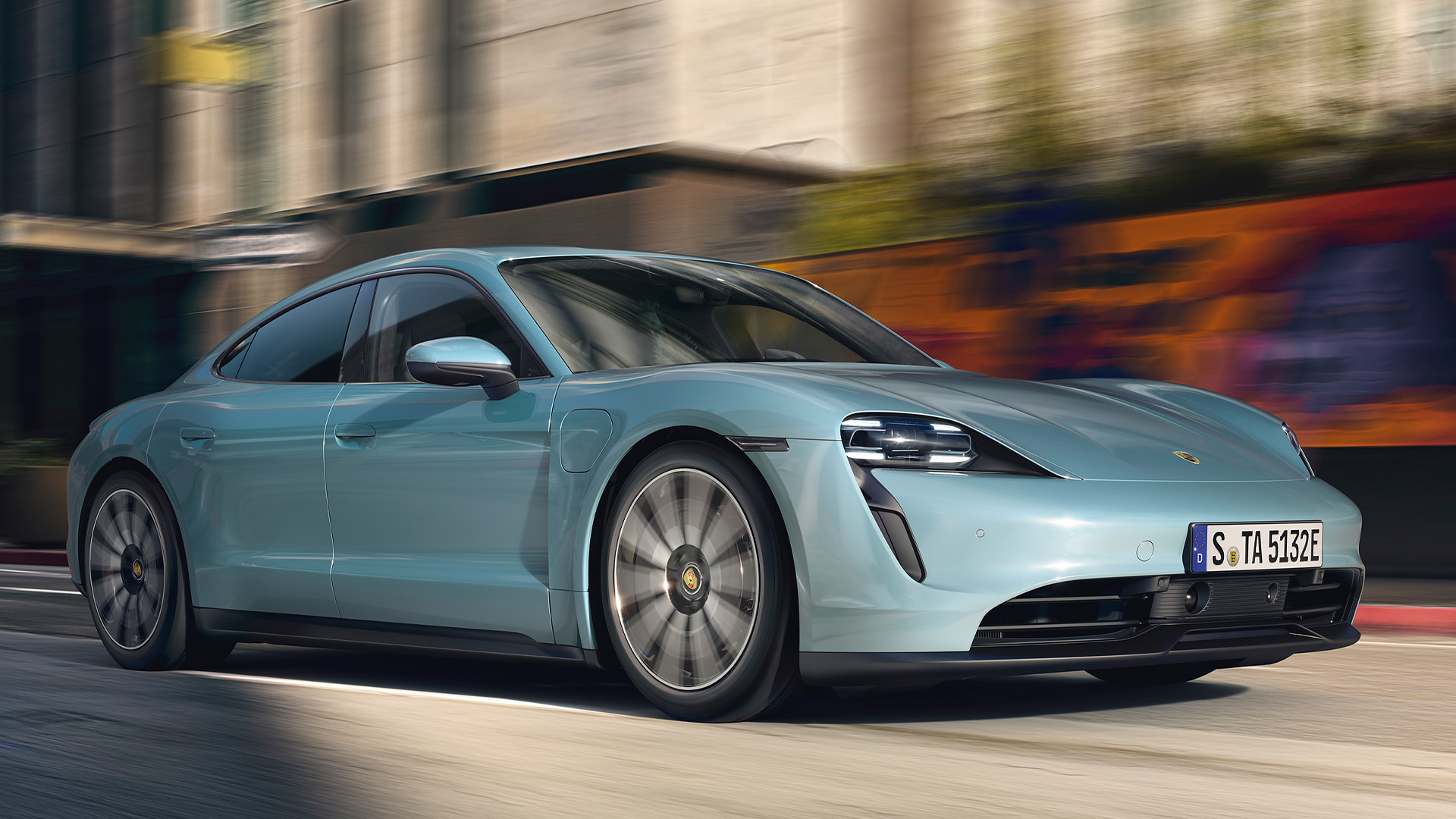

Car sales figures for the second quarter of 2023 are streaming out from automakers left and right, and one thing is becoming clear: EVs, at least from legacy automakers, aren’t surging ahead in sales. Porsche is a prime example. Nearly every model in the German brand’s lineup has seen gains over 2022. When it comes to the Taycan, though, things aren’t so rosy. It has sold nearly 900 fewer electric sedans as compared to Q2 last year, a drop of roughly 35%.
A number of other factors are making it clear that we’re “crossing the chasm” in terms of EV adoption, a term coined by business author Geoffrey A. Moore in his book bearing that phrase. The era of the early adopter is ending, and we’re in a sort of no-mans land between electric vehicle enthusiasts snapping up anything they can, and regular people who just want a better car.

There are still production constraints at play. Battery cell supply is at a bottleneck and some automakers, like Stellantis, have yet to even release an electric vehicle stateside. The fact that nearly every automaker of note has just switched to the North American Charging Standard, aka Tesla’s plug, speaks volumes, though. Very recently, the Combined Charging System, or CCS, was seen as the standard that all legacy automakers would follow. It is the plug that almost all non-Tesla charging stations are installed with.
Then, suddenly, Ford switched to NACS followed by other massive players like General Motors, Rivian, Mercedes, and more. In a matter of weeks, CCS was effectively rendered unfashionable at best, and defunct at worst. The volume players want Tesla’s potent Supercharger network for its customers. It was as if legacy automakers collectively snapped out of a state of denial. They need robust charging infrastructure for regular people to get on board with EVs, and they need it now.

We’re in a lull. This is shown not only by Porsche Taycan sales but also by figures from the likes of Ford, GM, and others. Legacy EV sales are not exploding. GM’s best-selling electric car, the Bolt, is being discontinued with its successor far from dealer lots. Ford Mustang Mach-E and F-150 Lighting sales are likewise a fraction of the automaker’s overall sales picture, with only modest volume changes year-over-year.
Soon, the biggest electric vehicle producers will have a better charging network baked into their car’s experiences. Mainstream battery technology is likewise set to advance rapidly in the near future if you believe what Toyota has to say about it. None of this is going to happen tomorrow, though. It’s going to be months at the very least—likely years for the dust to settle around what’s happening with electric vehicles now.
In the meantime, thousands of potential buyers are waiting on the sidelines. Until it’s a no-brainer to get an EV, they’ll keep their wallets closed.
Got a tip or question for the author? You can reach them here: peter@thedrive.com